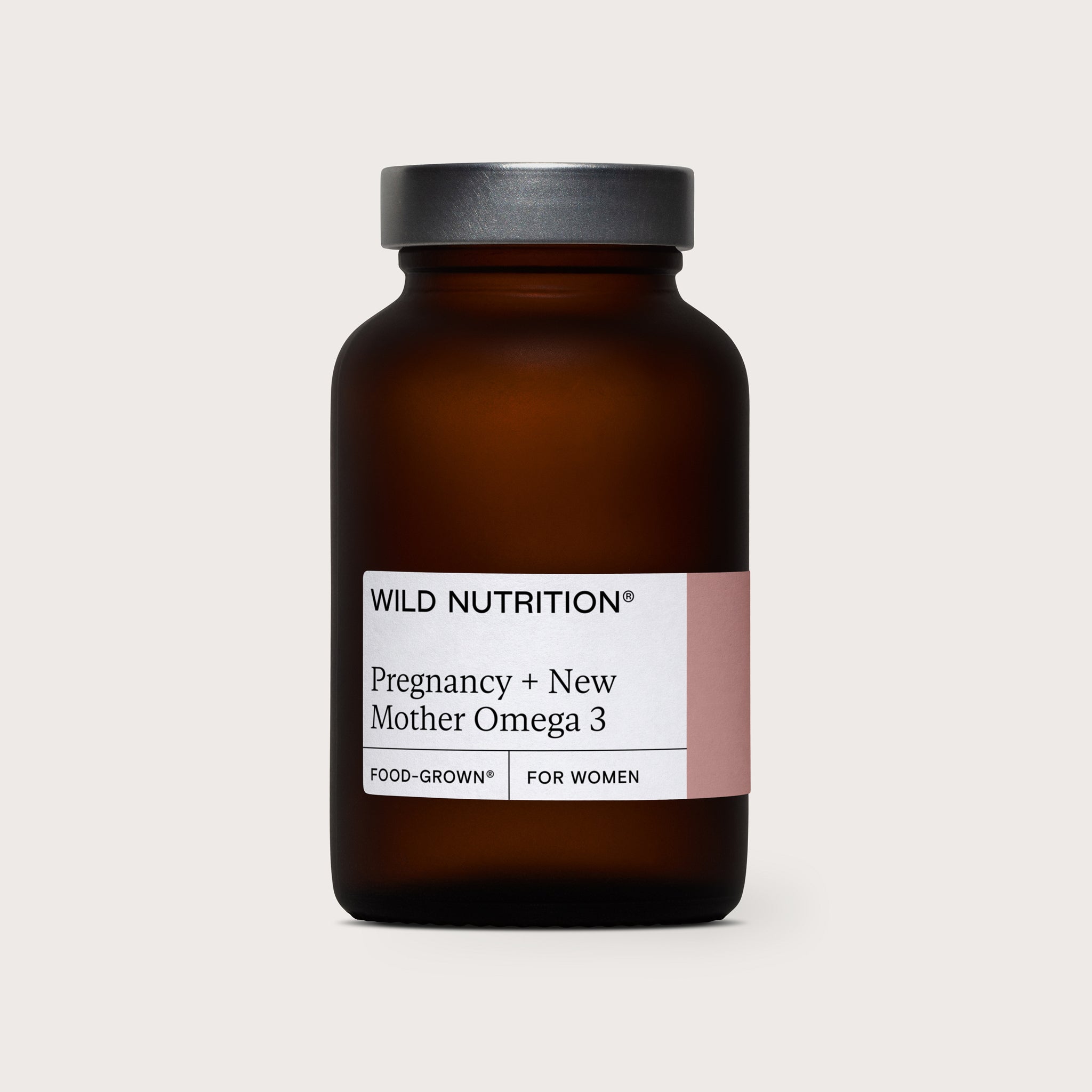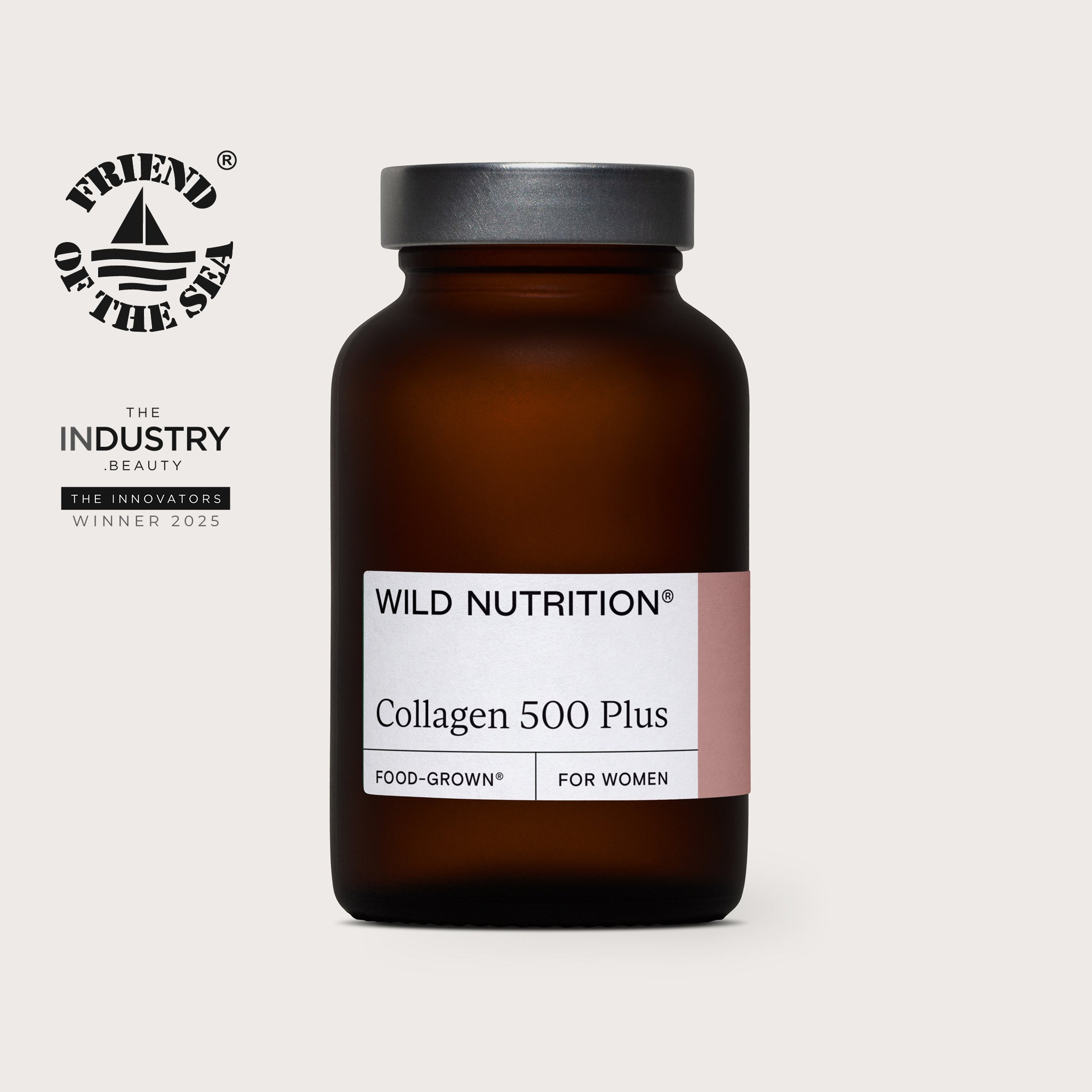
Is depression a gut reaction?
Of course, not everybody reacts to inflammation caused by stress or trauma (from illness for example) in this way. This is largely determined by their sensitivity to genes, medication, diet, hormones, environmental & emotional exposures experienced even as far back as in utero & early life.
3.5 million people in the UK are currently being prescribed anti-depressants. The list of side-effects can range from gut problems, drowsiness, insomnia and painful menestration to hives, tremors, confusion, anxiety and impotence. An increased risk in suicidal behaviour in children & adolescents has also been documented.
In the last few years, Nutritional Medicine has made substantial developments to explore the link between mental and physical health. Research shows us that depression occurs more frequently in those experiencing compromised immune function.
Gut as the ‘second brain’
Functional gastrointestinal problems, such as irritable bowel syndrome (IBS), are commonly linked to anxiety & mood changes. The GI tract has over 100 million neurons and has the largest collection of neural tissue in the body (after the brain) called the enteric nervous system (ENS). The mucosal tissues found in the gut, represent the body’s innate immune system. It is argued by some experts that one reason for the increase in depressive disorders may be a failure to develop a fully functional and appropriately matured mucosal immune system, sometimes due to our exposure to antibiotics from an early age.
Our brain and immune system talk to each other constantly using specialised ‘cell-messengers’ called cytokines which come in two varieties: pro-inflammatory and anti-inflammatory. The gut and colon are the principal sites for the production of anti-inflammatory cytokines therefore if gut health is compromised, so too may be the innate immune system & the ability to regulate these two varieties of cytokines.
An inflammatory subject
Researchers have identified that consistently raised levels of pro-inflammatory cytokines in the body will cause lack of energy, sleep disturbances, changes in mood and loss of interest. If we cannot produce appropriate anti-inflammatory cytokines to restore the balance in response to a psychological factor like stress, or a physical threat in form of a virus or bacteria, some people may develop depressive episodes. This type of depression is not just a reaction to the illness but is caused by cytokines provoking an immune system that has lost its ability to return to a state of equilibrium. Anti-depressant drugs may further inhibit the production of these crucial cytokines thereby exacerbating the cause.Prevention starts from conception
Of course, not everybody reacts to inflammation caused by stress or trauma (from illness for example) in this way. This is largely determined by their sensitivity to genes, medication, diet, hormones, environmental & emotional exposures experienced even as far back as in utero & early life. Growing evidence shows that our sensitivity to stress as adults is already programmed in infancy. Essentially, the level of stress encountered in early life sensitises us to a certain level of adversity. High levels of stress can result in hypersensitivity to stress as well as adult depression later, due to changes in our stress response network. Of great clinical interest is that this group of inflammation-sensitive depressives tend not to respond well to anti-depressive medication.
Following a Nutritional programme tailored to you, that includes an anti-inflammatory & gut supporting dietary protocol has shown significant clinical benefit. Improving gut immunity with specific bacteria should be followed to promote anti-inflammatory cytokines both locally and systemically. Essential fatty acids are also required to help these “friendly” bacteria stick to the gut wall, reduce pro-inflammatory cytokines and improve brain function. More recently a large body of research has highlighted the link between gluten sensitivity, gut health, inflammation and depression. Gluten sensitivity can not only reduce absorption of nutrients from the diet but increase the inflammatory process.












